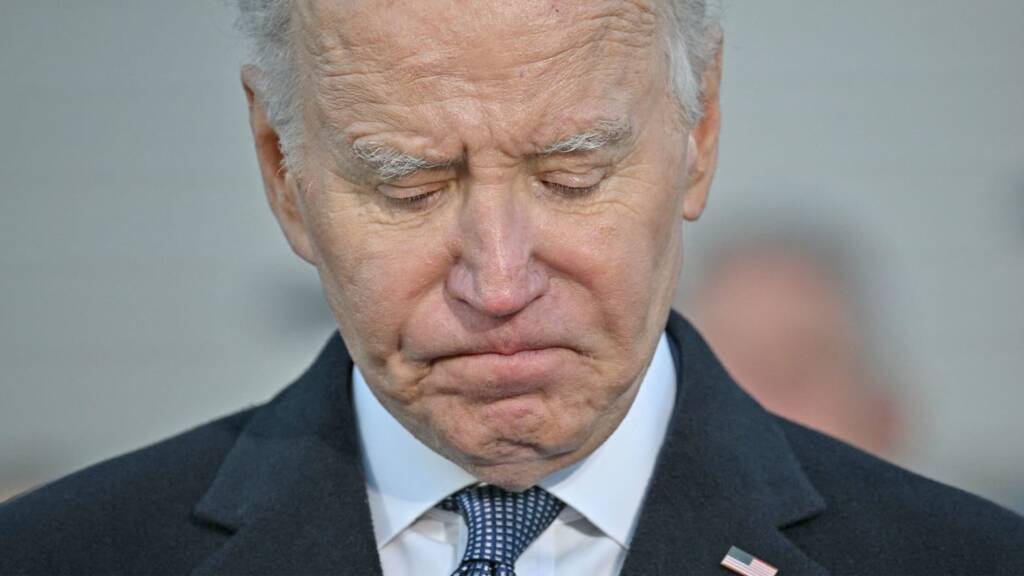The United States has once again flexed its muscles, threatening sanctions against companies conducting business with Iran through Chabahar. This move aims to punish a nation for exercising its sovereign right to an independent foreign policy. State Department Deputy Spokesman Vedant Patel issued a stark warning about the risks of dealing with Iran. This blatant intimidation underscores America’s refusal to respect national autonomy. The geopolitical landscape has shifted significantly, with the US no longer in control of Afghanistan and facing strained relations. As this nation revives key trade corridors and defies US pressure, how will these tensions reshape global dynamics?
The United States has once again shown its true colors by threatening to sanction Indian companies conducting business with Iran through Chabahar, an attempt to punish India for exercising its sovereign right to an independent foreign policy. This bullying tactic reveals the US’s desire to try to subjugate India.
State Department Deputy Spokesman, an Indian ironically, Vedant Patel’s statement on Monday was a clear warning. He declared, “U.S. sanctions on Iran remain in place and we’ll continue to enforce them,” adding that “anyone considering business deals with Iran, they need to be aware of the potential risk that they are opening themselves up to and the potential risk of sanctions.” This was a blatant attempt to intimidate India, underscoring America’s refusal to respect India’s autonomy.
Patel’s claim that no sanctions exemptions have been granted is stupid. Since 2019, the US has exempted India from sanctions for certain Chabahar-related activities with a very heavy heart. As reported by Al Jazeera, the State Department allowed India to use Chabahar for facilitating trade with Afghanistan, specifically for reconstruction, development, fuel exports, and humanitarian assistance. The word “allow” is funny because the US thinks it is some sort of an overlord.
The geopolitical landscape has evolved significantly since then. The US no longer controls Afghanistan, and its relationship with India has soured. In late November, the US accused India of orchestrating an alleged assassination attempt against a terrorist-separatist with dual American citizenship on US soil. This accusation, coupled with the US meddling in India’s six-week-long elections, has only served to heighten India’s strategic threat perception.
India’s refusal to bow to American pressure and its commitment to an independent foreign policy is commendable. The US must recognize that India is not a subordinate state to be controlled but a sovereign nation with its own strategic interests. The American administration’s attempts to punish India for its independence only highlight its desperation to maintain global hegemony.
The United States’ recent threats to sanction Indian companies engaging with Iran through Chabahar starkly reveal its vindictive approach to punishing India for asserting its independence. This bullying tactic underscores America’s desire to keep India subjugated and compliant, refusing to accept India’s sovereign right to an autonomous foreign policy.
Compounding America’s frustration is India’s revival of the North-South Transport Corridor (NSTC) with Iran and Russia. This corridor, expected to significantly boost trade, positions India as a crucial player in alleviating Western sanctions on Russia. India’s recent deal with Iran to operate Chabahar port will further elevate its status as a global power, accelerating the transition to a multipolar world.
The US opposes this development, as it seeks to crush the Russian economy, continue isolating Iran, and subordinate India. With the US exploring a “new normal” in relations with China, potentially shifting the global dynamic to Sino-US bi-multipolarity, America has no interest in India serving as an independent counterweight to China in Central Asia via the NSTC.
These geopolitical shifts have recalibrated US strategy towards India, manifesting in the recent threat of sanctions against companies doing business with Iran through Chabahar. This ominous warning is a clear attempt to further strain Indo-US ties. Prime Minister Narendra Modi is unlikely to capitulate to this pressure and may instead openly defy it to assert India’s independence.
You don’t threaten a country like India—one that practically runs America’s IT industry and is a crucial market for many American companies. India is the only nation capable of standing up to China and is set to replace Japan as the world’s third-largest economy by June 2025. The US’s recent threats to sanction Indian companies engaging with Iran through Chabahar not only disrespect India’s sovereignty but also risk damaging a vital strategic partnership. This misguided approach could backfire, weakening US influence and undermining global stability. How will this bold defiance shape future Indo-US relations?
